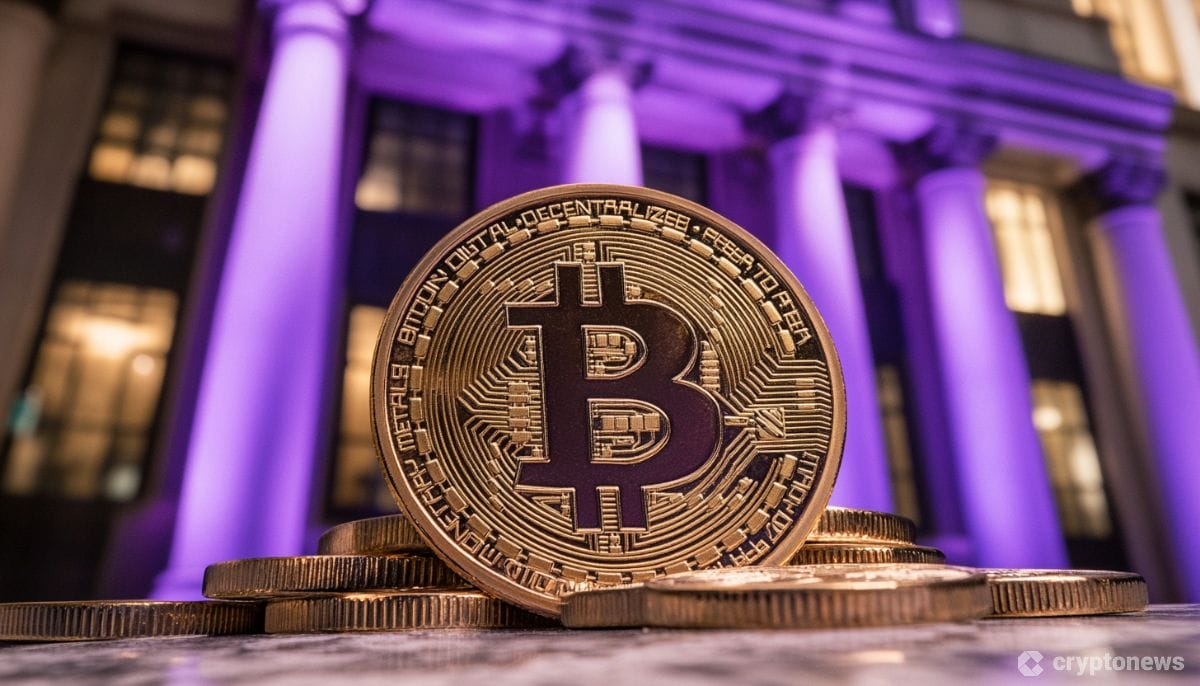Russian banks are showing interest in joining the Central Bank’s crypto pilot program as Moscow explores token-powered solutions to circumvent Western sanctions. Several leading credit institutions in Russia want to test new technologies to create associated products. The head of the Association of Russian Banks, Anatoly Kozlachkov, has called on the government to provide guidelines for banks looking to work with cryptocurrencies. He emphasized the need for clear rules on how crypto assets should be stored, traded, and managed to mitigate risks.
Kozlachkov stated that banks are already familiar with working with risks like these, and the sector is capable of handling the challenges associated with crypto assets. Many top Russian banks have expressed readiness to enter the crypto space by launching digital financial assets trading platforms and offering blockchain-powered investment options. Some, like Sberbank, have even ventured into NFT trading operations. However, these institutions have not yet started trading tokens on major public blockchain networks.
The Central Bank is developing its own sandbox project, allowing select Russian companies to conduct transactions using Bitcoin and other cryptocurrencies. The specifics of how businesses in the sandbox will engage in buying and selling crypto have not been disclosed yet. Kozlachkov highlighted the importance of launching crypto platforms calmly to minimize risks, asserting that the same principle should be applied to individual crypto traders. He suggested that Russians could be permitted to trade cryptocurrencies if they meet certain criteria as professional investors.
The ADB chief warned about the high volatility of cryptocurrencies and the possibility of assets losing all their value at any time. He recommended an ultra-conservative approach to transactions if the government decides to allow crypto trading. Should regulators greenlight crypto trading, they may introduce new, more stringent criteria for the industry. Russian banks are also considering developing crypto exchange-like platforms to facilitate remittances using cryptocurrencies as a payment tool. This move could enable local firms to engage with international partners through crypto transactions.
In conclusion, the growing interest of Russian banks in cryptocurrencies and blockchain technology reflects the evolving financial landscape in the country. As Moscow explores innovative ways to bypass economic sanctions, banks are gearing up to participate in the crypto sector. By joining the Central Bank’s crypto pilot program and developing their own digital assets platforms, Russian banks are positioning themselves as key players in the emerging crypto economy. As regulatory frameworks evolve and new guidelines are established, the Russian banking sector is poised to become a hub for crypto innovation and investment.











